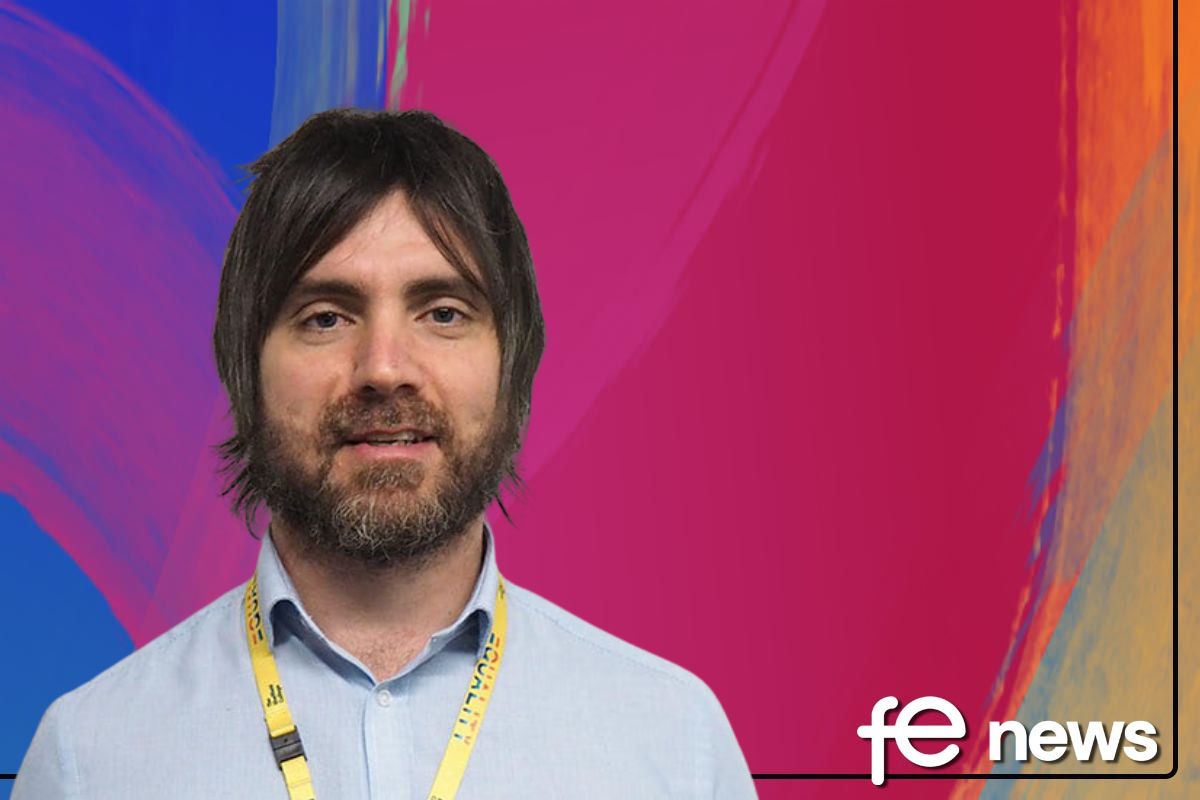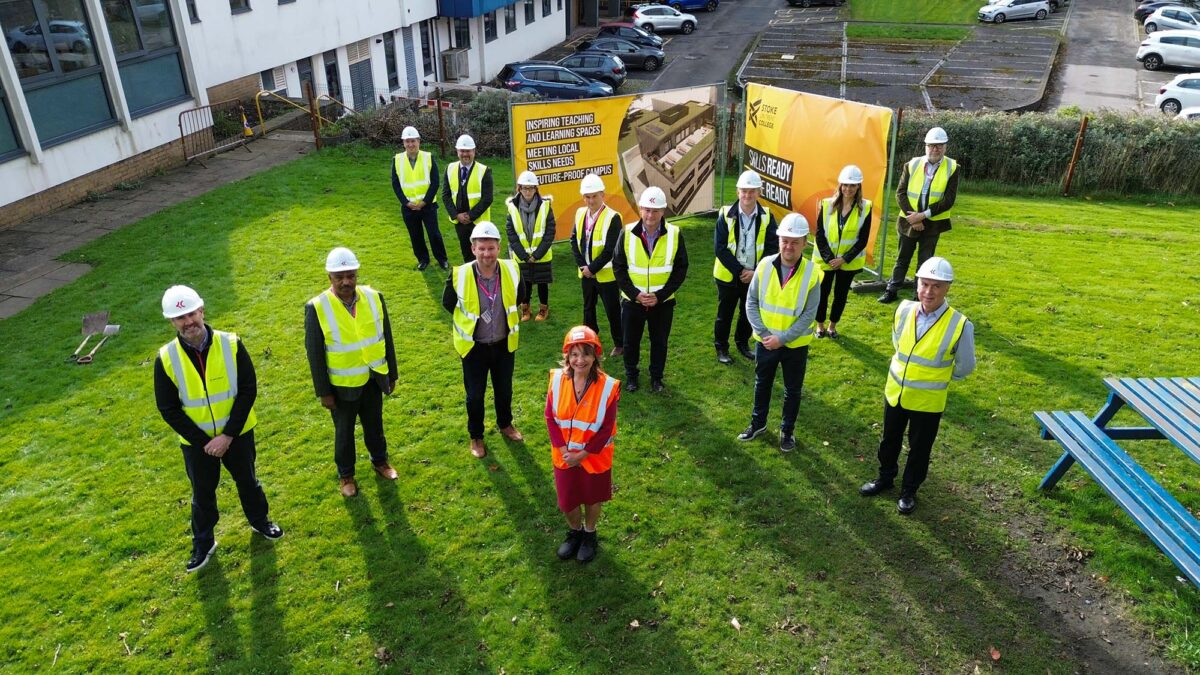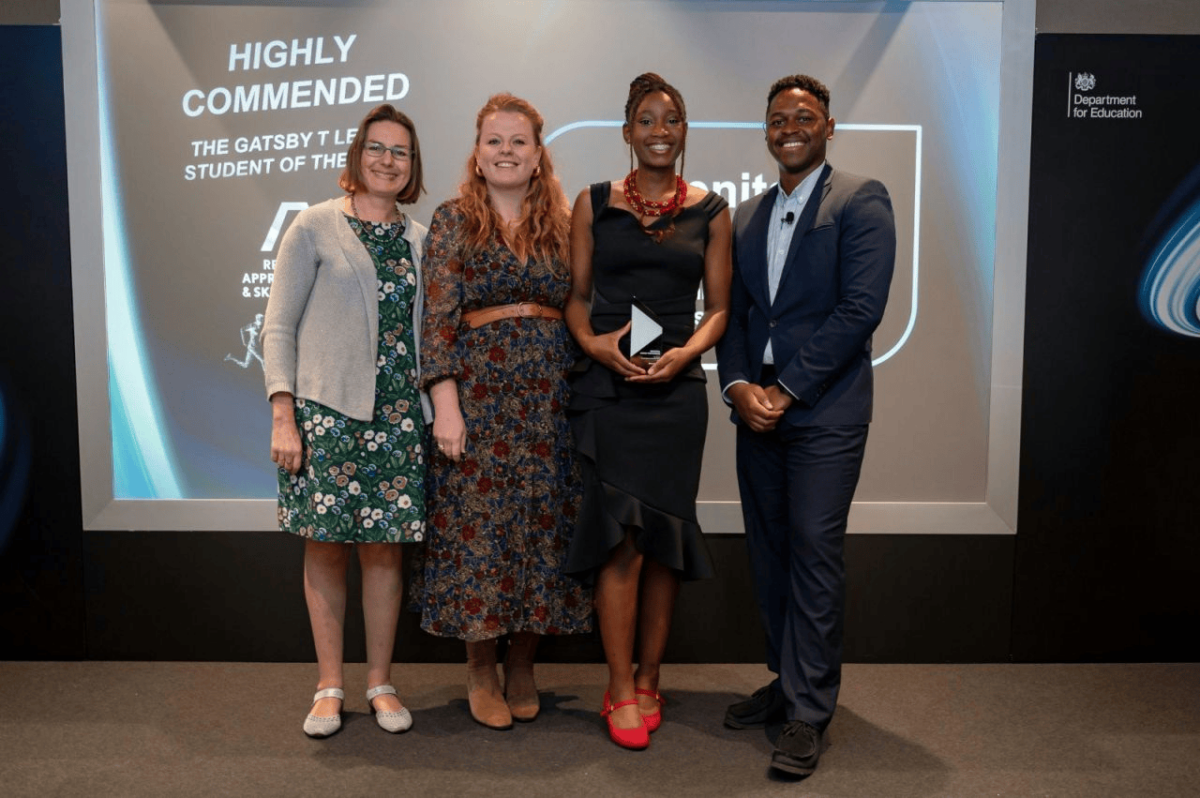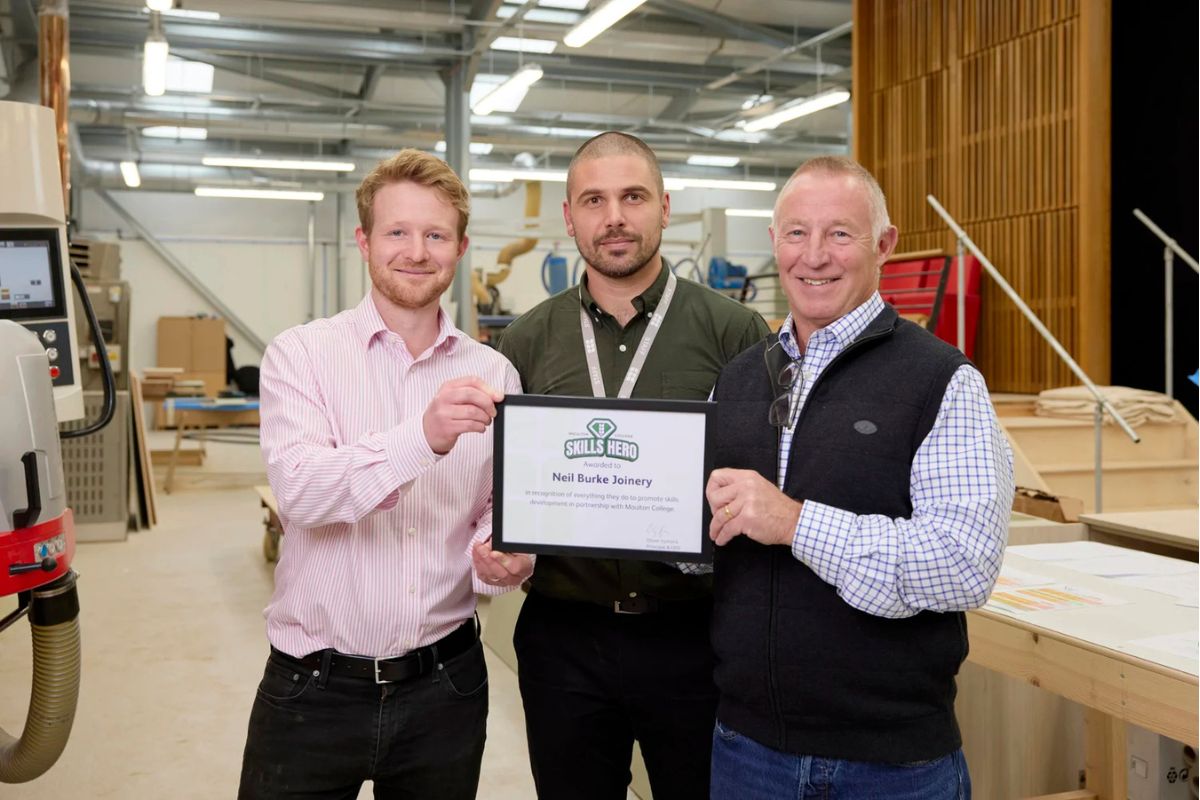Teacher Professional Development in Further Education

This article explores teacher professional development in the FE sector. It includes an overview of the recently implemented Teacher Development Programme at The Sheffield College, that has been built on the rich evidence base for successful teacher professional development.
In the last week I have had two teachers who were leaving the college say in a roundabout way, ‘thank you for supporting my development’. I was taken aback in both instances, and although this may seem a strange way to start the article, it actually resulted in me reflecting on teacher professional development across the further education (FE) sector.
Teacher Development at The Sheffield College
I am currently employed at The Sheffield College and can honestly say I am very fortunate to have a role I thoroughly enjoy, with a large aspect of this supporting teachers to develop, reflect and enjoy the beauty of teaching.
I am also so enthused and inspired by those across the sector who have very similar roles and are continuously working hard to implement strategies to develop the teaching population in FE. A 10-minute visit to any of the various media platforms is an easy way to witness the amazing and thoughtful work going on to develop teaching, learning and assessment practices across the FE sector – well done everyone!
The Importance of Development
Of course, the importance of this cannot be understated, with the influence of teachers shown to have a great impact (Hattie, 2008; Hattie 2011; Rockoff, 2004 and Chetty, Friedman & Rockoff, 2014). The underlying assumption that teachers need to constantly develop is often contentious, however, and although my first thought has always been on creating spaces and a positive culture for development, I have always been very honest that development should be placed on a high pedestal by all.
Interestingly, I recently revisited a classic YouTube clip of Dylan Wiliam discussing How Every Teacher Can Improve, and the closing remarks are powerful, as he states every teacher should accept the commitment to keep improving practice until we retire or die. Granted this was said for affect and tongue in cheek, however the underlying principle is correct and one I subscribe to.
As alluded to earlier, and having experience in the FE sector for over 17 years, my anecdotal reflections are that there is now a great emphasis placed on developing practice across the sector, and excellent opportunities for individuals to engage in. Events such as Teach and Research Meets have become commonplace, as has a developing network of research opportunities for FE teachers to participate in. I was fortunate enough to have a chapter in the brilliant book edited by Samantha Jones last year titled Great FE Teaching, which is another example of the momentum that has developed across the sector.
Research into Professional Development
A plethora of research has been complied over the years on the professional development of teachers, for example, the work of Linda Darling-Hammond, which I have utilised when considering teacher professional development. Notable works include the Report on Professional Development in 2008, and Effective Teacher Professional Development in 2017.
Related to this, research has advanced the approach and understanding of the use of observations to support the development of practice (O’Leary, 2014; O’Leary, 2016), and recently the Education Endowment Foundation (EEF) released a thorough guidance report on Effective Professional Development. The EEF as always did a great job in making the findings accessible to all, and although the close to 200-page full report is available, the downloadable tools are super useful in understanding some of the key findings from the research.
Teacher Development Program
Moreover, in recent years that has been an influx of high-quality, and importantly, accessible resources supporting with the development of teaching practices. At The Sheffield College we have built our newly launched Teacher Development Programme on such resources with the initial implementation very positive. The Teacher Development Programme is something I am very proud of, as it is many years of synthesising research in the sector, and utilising the evidence base on professional development.
The programme is for all teachers, and importantly driven by the professional reflection of each individual teacher. There is a large coaching element incorporated into the programme and the onus is on the quality of development not quantity. The programme is based on a very simple premise, something that is built on my experiences leading teacher professional development in the sector as well as the deep evidence and research base. This is also influenced by my beliefs as a researcher, where I algin with a pragmatic philosophy and the action research methodology.
I believe, that fundamentally, and no matter what precedes, that the most important outcome for professional development is the subsequent change to practice that happens. I believe this is also the most difficult aspect, so whether an institution uses graded or ungraded observations, peer observations, teaching triangles or lesson study for example, actually, the most important aspect is the subsequent action and change to practice as a result. Whatever method identifies an area for development should not be the main focus, but in my experience, it is the follow up to this that is often lost, and that is the influence on the next steps. I recently discussed this with Oliver Caviglioli, author and illustrator of many excellent educational books, and I used the very simple analogy of closing the loop to make positive changes that become fully embedded into teaching practice in the long-term.
The programme has four aims. Firstly, to support all of our teachers to develop a better knowledge of how people learn. Secondly, to support teachers to develop more teaching strategies. Both these aims are closely related and directly relate to teaching practices. Aims three and four are more concerned with culture, with aim three concerned with developing more teacher-talk and communities of practice, and aim four the development of professional trust. What I am certain of, is this programme is based on a good amount of evidence related to the professional development of teachers, and the experiences of a range of teachers and coaches, and aims to develop teaching practices in the right way.
A Positive Outlook on Teacher Professional Development in FE
Returning to the start of this article, it has been enjoyable to reflect on my perception of teacher professional development across the FE sector. I am convinced that it is in a strong position, with a developing research base, excellent leaders who are knowledgeable and enthusiastic to develop teachers, and a growing number of opportunities established.
Although at times defined by what feels like constant change (Norris and Adam, 2017), and being the disadvantaged middle child between schools and universities (Foster, 2005), the passionate leaders of teachers and teacher professional development have played a great role in continuing to advance teaching, learning and assessment across the FE sector. I am glad, in a very small way to have tried my best to help with this mission.

FE News on the go…
Welcome to FE News on the go, the podcast that delivers exclusive articles from the world of further education straight to your ears.
We are experimenting with Artificial Intelligence to make our exclusive articles even more accessible while also automating the process for our team of project managers.
In each episode, our thought leaders and sector influencers will delve into the most pressing issues facing the FE sector, offering their insights and analysis on the latest news, trends, and developments.











Responses